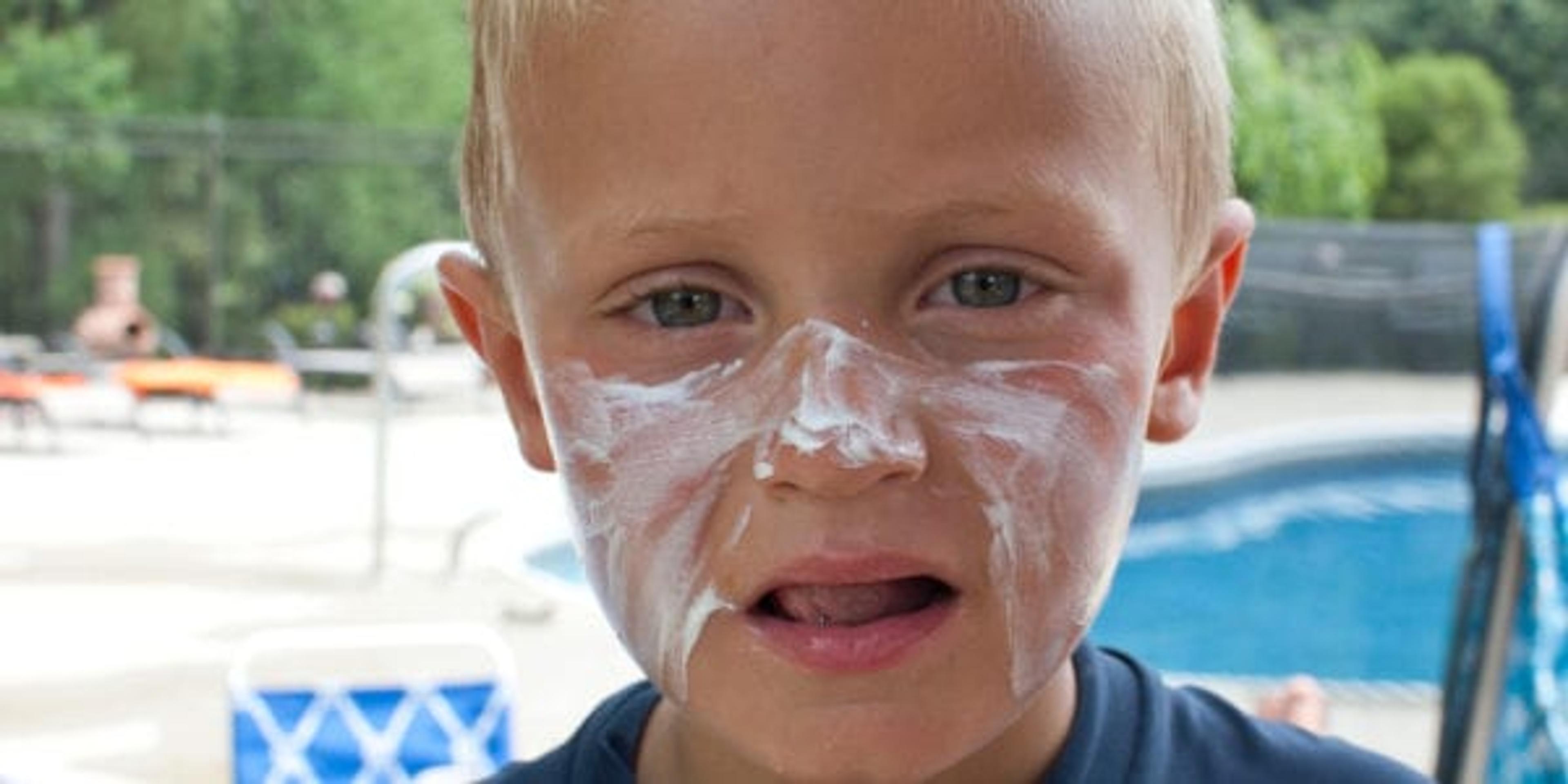Ouch! 3 Ways to Treat Sunburn (and How to Avoid It in the First Place)
| 3 min read

Many Michiganders are spending the last days of summer out in the sun—whether it’s grilling in a park or swimming at the neighborhood pool. But all that time outside can increase your risk for skin cancer. But just because you think you have a “base tan” doesn’t mean you can slack on the sunscreen. According to the American Cancer Society, more than 76,000 people in the U.S. will be diagnosed this year with melanoma (the deadliest form of skin cancer).
Most people know that to be on the safe side, you should slather on sunscreen whenever you spend time outside. But are you doing it right? According to a new survey from the American Academy of Dermatology, most people are confused about what the different SPF numbers really mean. Higher SPFs don’t protect you for longer; they simply block more of the sun’s harmful rays.
To keep your skin safe, follow these simple rules:
- Pick the right bottle: Go with at least an SPF 30 and make sure it says “broad-spectrum” on the label. This will block up to 97 percent of harmful UVA and UVB rays.
- Use enough of it: To cover your body, you’ll need about one ounce of sunscreen (imagine it filling up a shot glass).
- Don’t wait until you’re at the beach: Put the sunscreen on about 15 minutes before you go out into the sun.
- Repeat when necessary: Reapply every two hours (or more often if you went swimming or got sweaty).
If you do slip up and get sunburned, there are some all-natural ways to heal faster and ease the pain:
- Oatmeal: Finely ground oatmeal (just break down rolled oats in a blender or food processor) works as an anti-inflammatory when mixed with bathwater.
- Aloe Vera: The gel from inside the aloe vera cactus plant eases sunburn discomfort, speeds up healing and even moisturizes skin. Just split open a plant leaf to access the sap and apply directly to your skin (you can also buy pure aloe vera gel from your local drug store). You can also try putting it into your refrigerator for a cool, refreshing feel.
- A Cool Bath or Shower: The cold water doesn’t just feel amazing, it also helps soothe your skin and constrict blood vessels, which can help you feel better. Be sure not to scrub skin or use products like oils or bubble baths that can further irritate your burn.
One of the most important precautions you can take against skin cancer is to be proactive with early detection. If you begin to notice any new spots on your skin or see a change in size, shape or color of an existing mole, visit your primary care physician as soon as possible.
Photo credit: AnneCN





